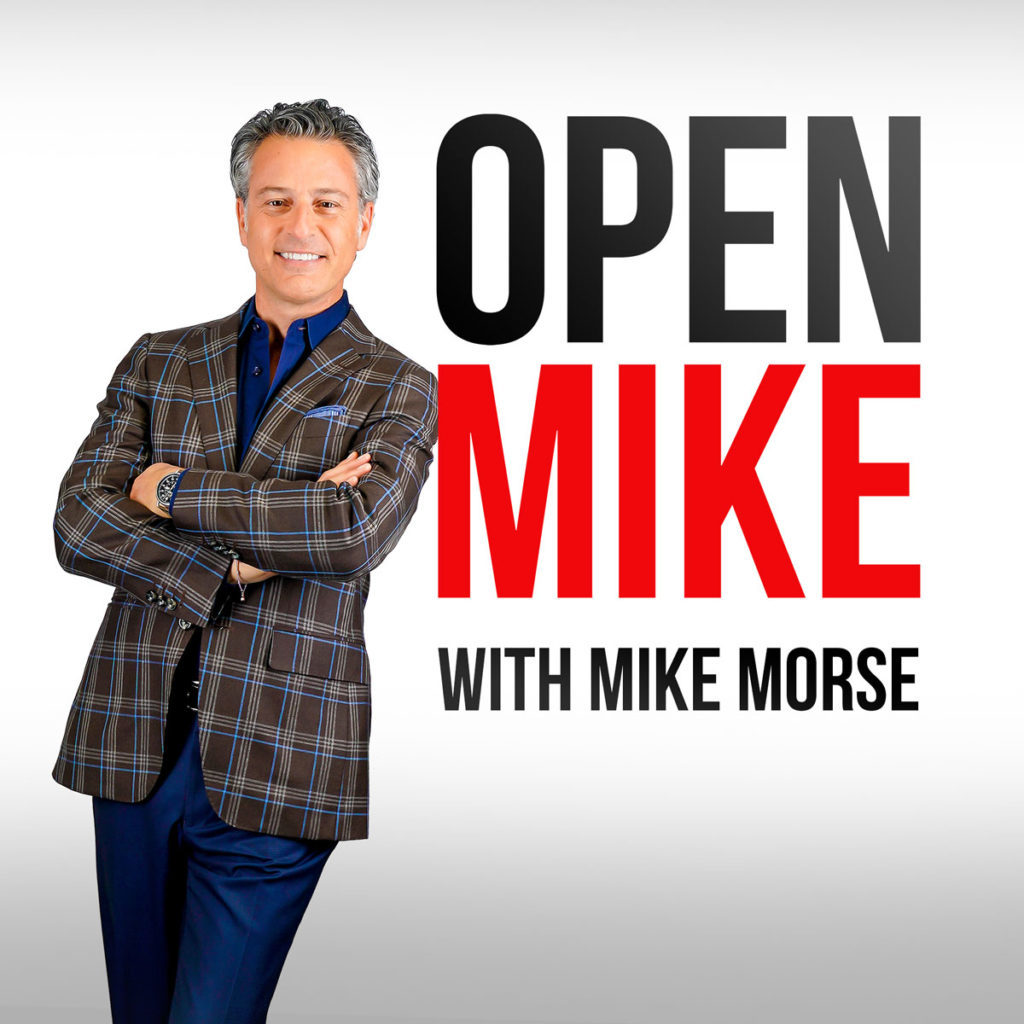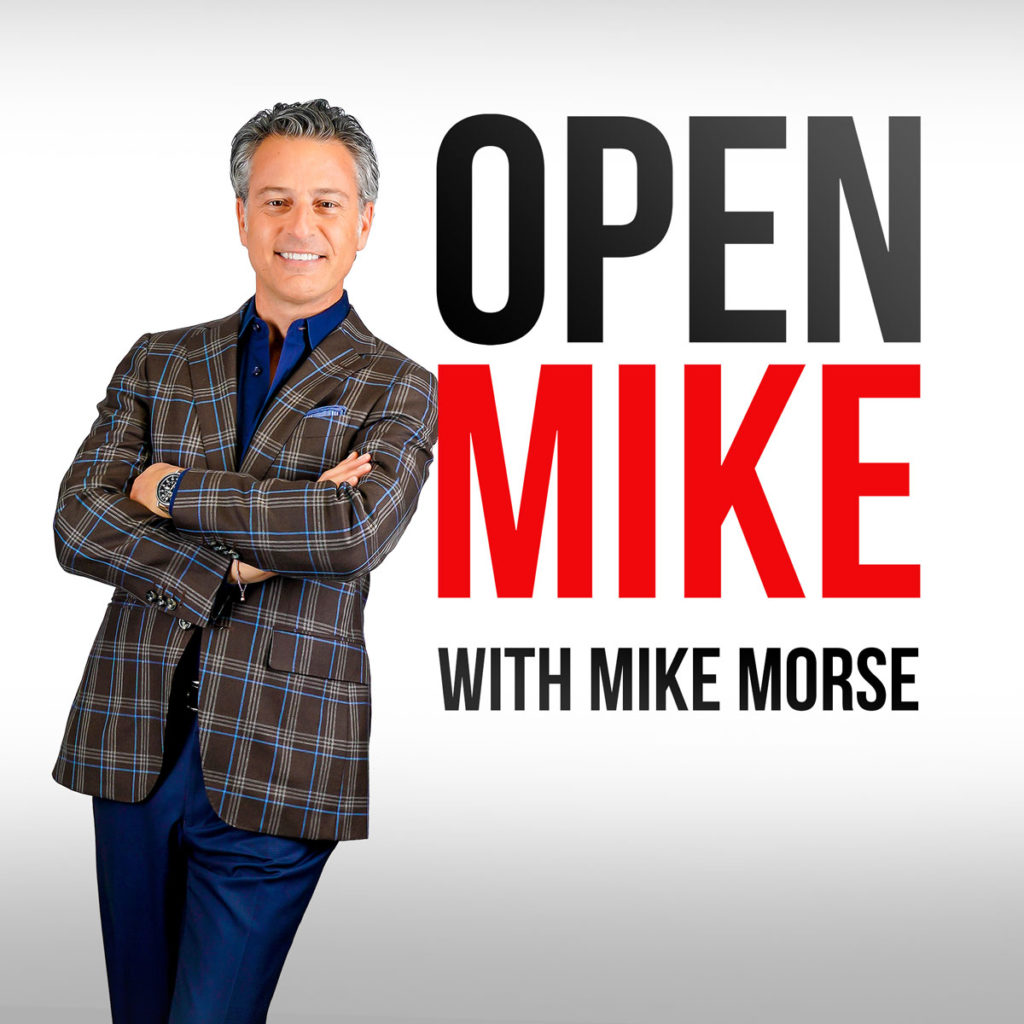- News
- 92 – Juries Often Convict on Evidence — This Forensics Expert Asserts That Evidence Is Often Faulty
92 – Juries Often Convict on Evidence — This Forensics Expert Asserts That Evidence Is Often Faulty


We’ve all seen the legions of crime scene shows, but how accurate are their representations of forensic science in the criminal justice system? While many CSI episodes conclude with a note of pristine resolution, Kate Judson asserts the forensic evidence that sends people to prison is oftentimes false. As Executive Director of the Center for Integrity in Forensic Sciences, Judson is an expert in compromised forensic evidence and wrongful convictions, especially in “Shaken Baby Syndrome” cases. This revelatory episode of Open Mike sees Judson the forensics expert deconstructing the mental biases that lead to faulty evidence. It then sees Judson the activist advocating for implementation of structures in the system to counteract the naturally skewed way our brains process information. Plus — you won’t believe her direct connection to Netflix’s mega-hit, Making a Murderer!
Show Notes
[00:14] Kate Judson’s background and bio as Executive Director of the Center for Integrity in Forensic Sciences. [01:37] Welcome to the show! I’m so excited to talk to you – on Open Mike, we’ve never really focused on forensics. I’m reading a quote from you that says there have been 2,500 exonerations since 1989… is that right? [02:18] It feels like every single week there’s another exoneration, and it’s hard to believe the frequency. Are you tracking what percentage of these exonerations are due to forensics? [03:49] Let’s take a step back… can you tell us about forensic evidence and why it’s such an important part of criminal trials? [04:27] What are some of the common problems and issues you encounter when dealing with forensic evidence and scientists? [05:25] In 60% of exoneration cases, forensic analysts have overstated what evidence has showed… meaning, they stated the evidence was more conclusive than it actually was. The most common issue is cognitive bias, an unintentional, yet inherently human, subjective interpretation of objective data. [06:44] On the show we had an attorney who discussed hyper-focus or tunnel vision on behalf of prosecutors and law enforcement… is that something you encounter? [08:03] One of the reasons we do these shows is because I want potential jurors listening to have a healthy dose of skepticism… because when you have a scientist or analyst in court pointing to evidence saying, “This blood spatter means this,” it’s a hard thing to prove, isn’t it? [09:28] We can’t stop ourselves from having a human brain and processing information the way we’re naturally disposed to — that’s why it’s so important to have a system to counteract it. [09:38] One of the Center for Integrity in Forensic Sciences’ areas of specialty is diagnosing Shaken Baby Syndrome, is that true? Can you tell our audience about the major flaws of that diagnosis in those types of cases? [10:58] Our audience listened to an interview with Julie Baumer, someone who was convicted of Shaken Baby Syndrome… you worked on that case and wrote an Amicus for it, is that correct? [11:55] Isn’t it true they recently changed the name from Shaken Baby Syndrome to “Abusive Head Trauma” cases? [12:26] What is your best advice on those types of cases? Doctors, hospitals, and police seem to jump on that conclusion pretty quickly and it disrupts and ruins lives… if you were to be able to get in front of all those people and educate them, what would your stance be? [18:25] In the case of bite marks, my impression is that all bites marks are accurate because we have different dental idiosyncrasies… tell me why that is completely wrong! [20:57] Kate, you made me realize how messed up our thinking is. The bias comes from people dying in a fire and using their dental records to identify them, that’s where my inherent bias came from! We take all this information we’re exposed to on the news or TV shows, and when we’re presented bite marks or dentals records in a criminal case, we assume it’s inherently accurate, and it’s not! [22:04] The legal system knows this to an extent. There are cases with precedential value that state it’s important for the science brought into a court case to be related to the research that underlines it. [23:56] Kate, you started off as a public defender. Lots of these wrongful convictions unfortunately involve court-appointed attorneys who don’t have the same resources as prosecutors’ officers. Now that you’re in forensics and can see both sides, what needs to be done to level the playing field between public defenders and the prosecutors’ offices? [26:36] You’re now working as the Executive Director of the Center for Integrity in Forensic Sciences. How did that come about? [27:29] What is the overall mission of your new organization? [27:44] And it was co-founded by Dean Strang and Jerome Buting who are well-known in their defense of Steven Avery documented in the Netflix docuseries Making a Murderer. Major hit. How has that series impact the community fighting wrongful convictions? [28:40] What was your take on that whole show and your take on Steven Avery’s guilt or innocence? I have to ask! [31:47] I don’t know if you can track this or anecdotally… are people now more likely to believe forensic science can be flawed after watching series like Making a Murderer? [32:40] Are Dean and Jerry still defending people accused of crimes or are they more focused on the project you’re working on? [33:20] Make sure to check out all the good work the Center for Integrity in Forensic Sciences is up to — along with their social media — on their website! [33:59] Anyone in the criminal justice system can receive training on these issues — prosecutors, judges, people facing criminal charges. In rare cases, they also get involved as co-counsel to litigate a particular issue. [35:09] Kate, thank you so much for being on and doing this work. We appreciate all you do! [35:36] If you know someone who would benefit from seeing this information, share this episode and make sure you subscribe to get updates! Thank you for watching, thank you for listening. Have a great day!
Content checked by Mike Morse, personal injury attorney with Mike Morse Injury Law Firm. Mike Morse is the founder of Mike Morse Law Firm, the largest personal injury law firm in Michigan. Since being founded in 1995, Mike Morse Law Firm has grown to over 200 employees, served 40,000 clients, and collected more than $1.5 billion for victims of auto, truck and motorcycle accidents. The main office is in Southfield, MI but you can also find us in Detroit, Sterling Heights and many other locations.
















